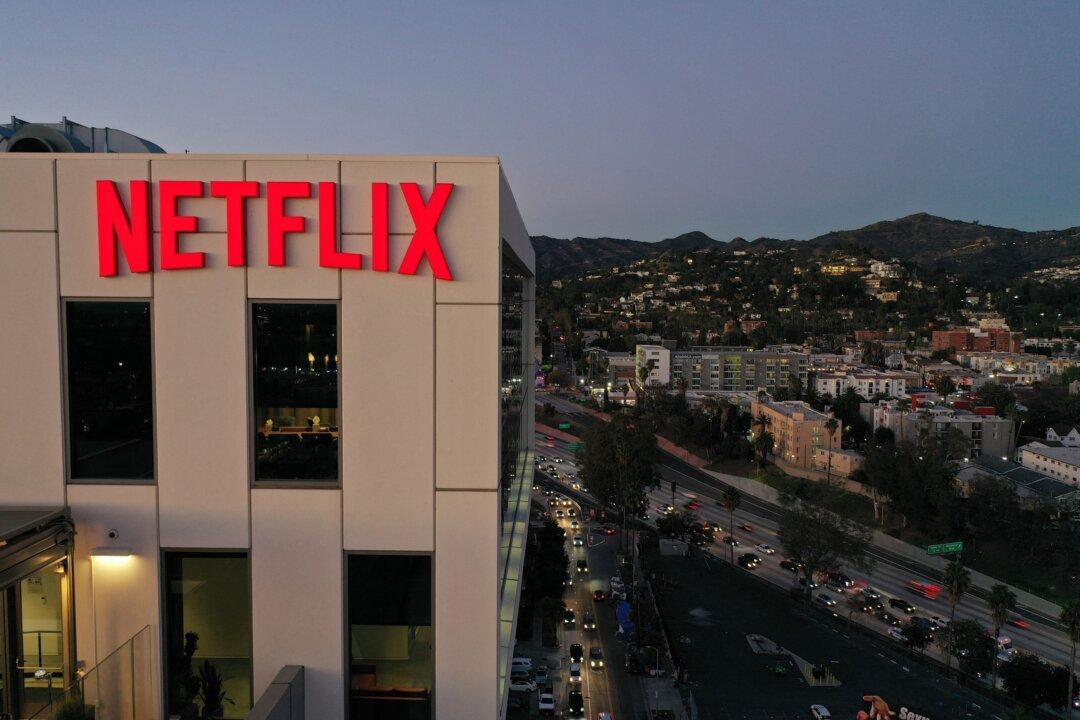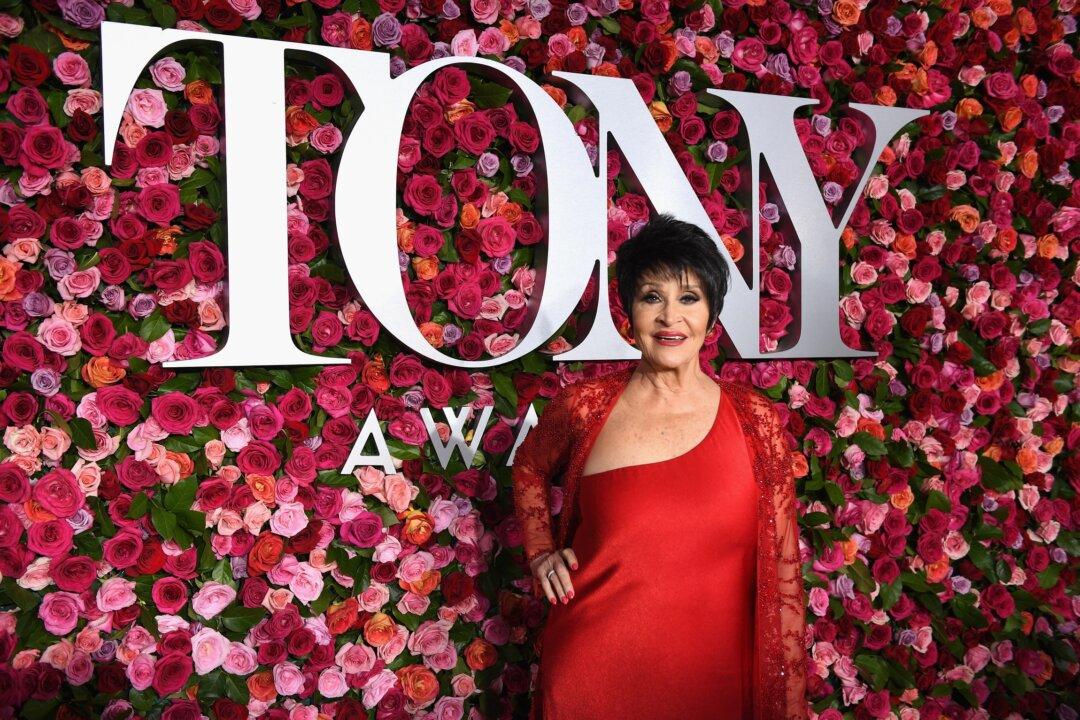Despite both Writers and Actors Guild picketers getting a reprieve Monday due to cancellation because of Hurricane Hilary, it looks as if the Writers Guild of America (WGA) West’s fight against the Alliance of Motion Picture and Television Producers is heating up.
Last week the WGA West released a report (pdf) titled “The New Gatekeepers: How Disney, Amazon, and Netflix Will Take Over Media,” which called for antitrust regulators to prevent merging in the streaming marketplace. The report accused studios of engaging in anti-competitive practices “to disadvantage competing producers and streaming services, reduce output, creativity, and choice in content, and push down wages for creative workers.”





